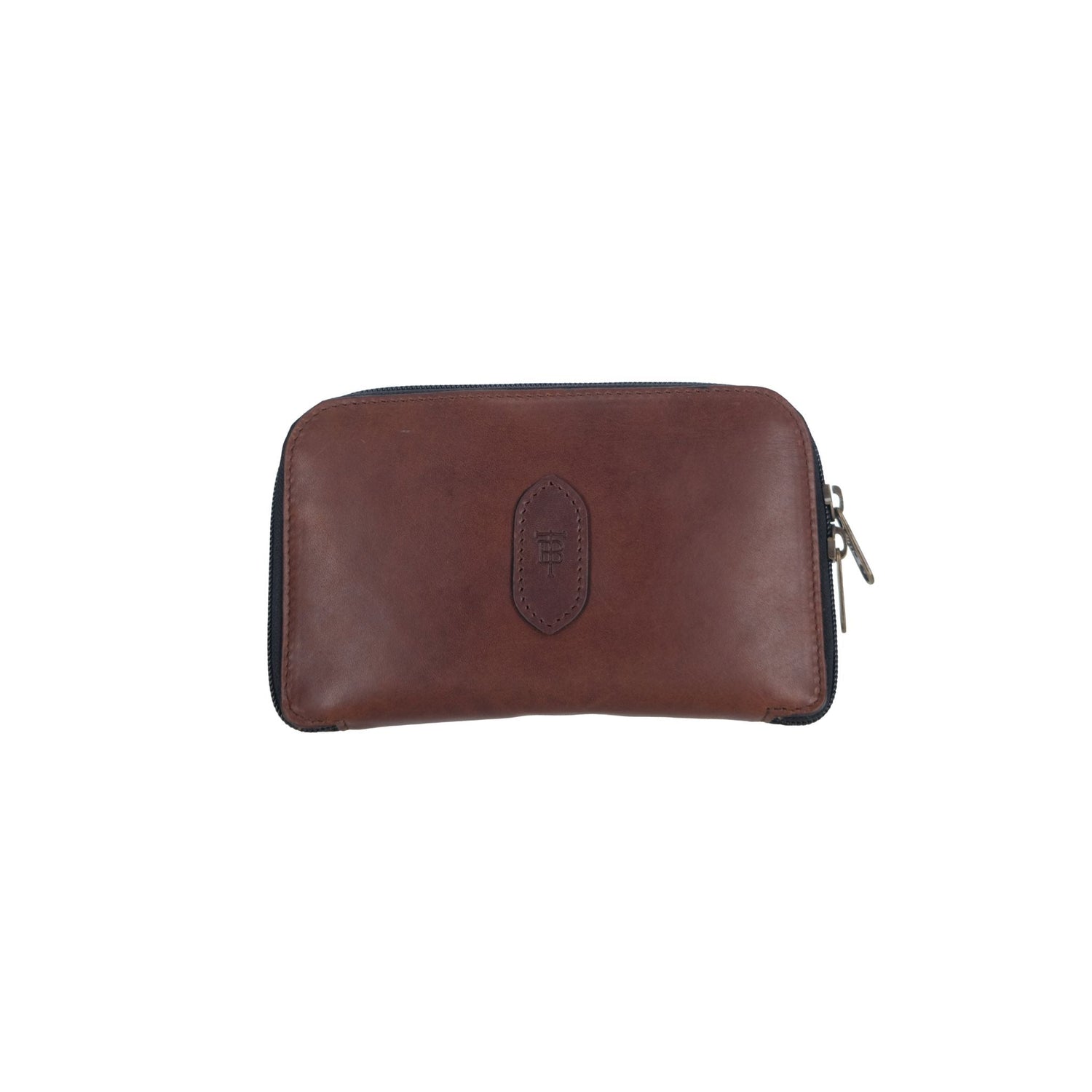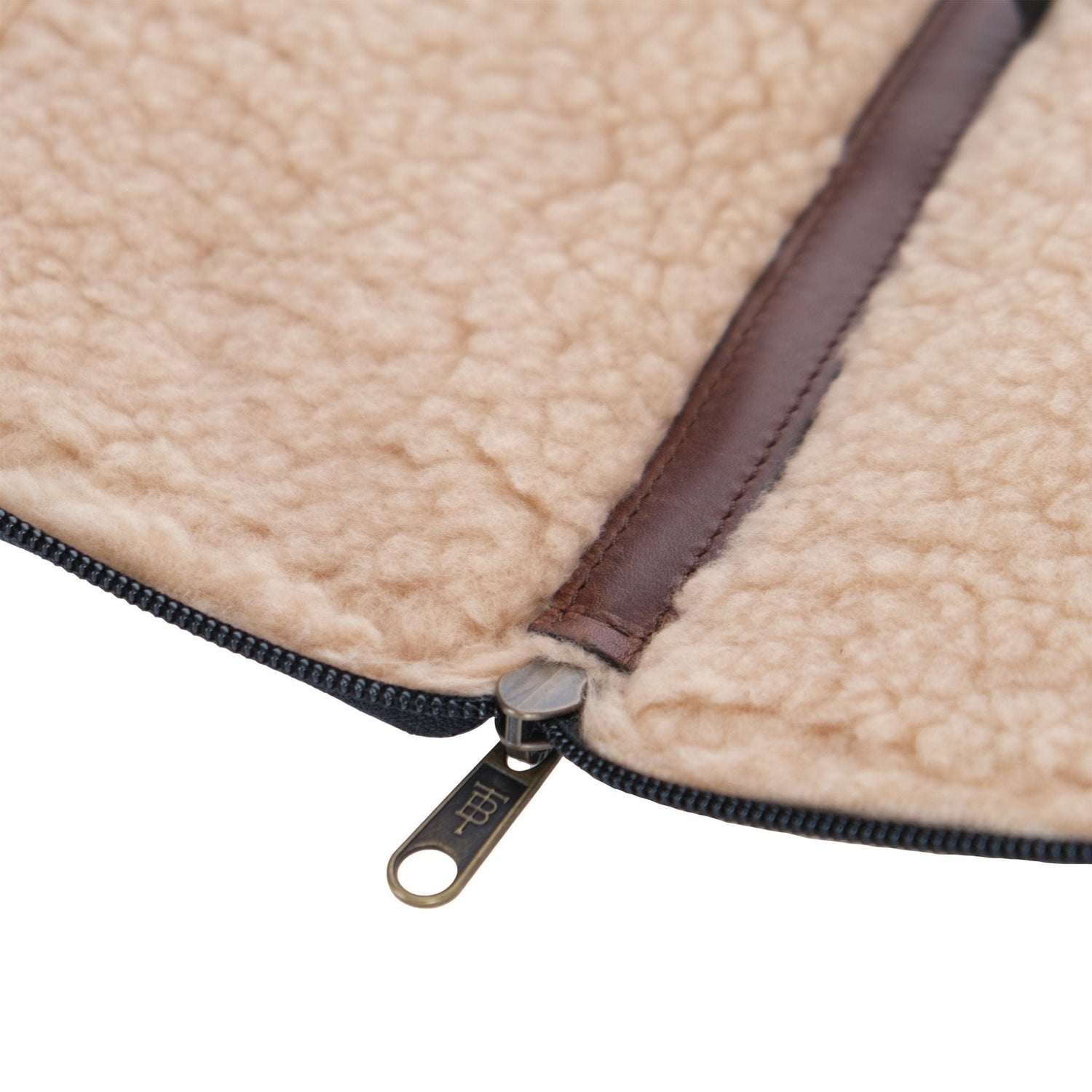It's May off Colombia’s northwestern coast and we’re sweltering in the heat and humidity to chase fish. Namely yellowfin tuna, cubera snapper, and mullet snapper. We dream of hooking into a sailfish, too. We’d come across a few free-swimming velo within the first few hours on the boat, the flash of sail unmistakable. It’s my second time fishing these waters, and I know enough to understand it’s going to be a “work week”—big pelagic fish on a fly rod are good motivation to keep me logging long hours in the weight room.
We’ve just been kicked out of a promising snook lagoon by a smuggler, and somehow I can’t bring myself to be surprised. In the Darién Gap it just seems a natural thing. Here, anglers and smugglers (both the human-smuggling and the drug-smuggling kind) coexist in relative peace. But when one encroaches on the turf of the other, there are some clear warning signs.In this case, the sign came in the form of a panga with a pair of outsize engines which far outgunned the twin 200 HP engines on our 36-foot center console like an irritated predator detecting an unwelcome guest on its turf, the panga emerged from the jungle and zipped angrily along the coastline, warning us not to get any closer. Unilaterally, the three anglers, captain, mate, and fishing guide on our boat decided it was time to find some other water to fish. It's just another day in the Darién Gap.
The vibe is high on our little boat, aptly named the Bizcocho. The word means two things in Colombia: either a type of baked sweet or a good-looking person. It’s a very Colombian double-meaning, and I reckon at least both things have good connotations. And while our version of Bizcocho has plenty of issues (among them a moody engine and no working radio), we’re making it work. Life is good, because I’m fishing with two newfound friends who will end the week being among my favorite humans on the planet: fly-fishing industry rep Anthony and his enthusiastic, utterly wonderful dad Tony.
Anthony and Tony have never been to Colombia’s Chocó Coast, and their enthusiasm for the place is infectious. The first day we all get to know one another; settling into the routine of a long day on Bizcocho with guide Edward, captain Wilmer, and mate Camillo. Turns out we all mesh spectacularly, and by the second morning we’re blasting Colombian cumbia and electro house music and having impromptu dance parties. To no one’s surprise the Colombians can outdance all three Americans—“Move the ribs!” Edward advises—and we all laugh when the right songs come loud over the boat speakers.

This isn’t A River Runs Through It, with its pastoral Montana rivers and beautiful casts. This is Colombia. It’s fast-paced, brutal, balls-to-the-wall fishing, bracing to throw out casts as we jet from bait ball to bait ball. It’s holding on to the casting platform railing as we bounce along at speed and not thinking about what happens if the rickety railing comes off. It’s yelling and shouting as we glide into a chaotic sea of red, feeding snappers slashing at bait while a whale shark decides to surface under the bow and we all drop our casts to watch like kids at an aquarium as it surfaces again, nearly close enough to touch.
The vibe pays off. Our motley crew, blaring music and laughing as we go, proceeds to out-fish the other boats competing for fish at the bait balls. We know some of them—very serious and vastly talented fishermen—but the fish seem to know the boat with the music is the place to be. We bring in as much snapper and tuna as we like, along with rainbow runners, grouper, skipjacks, and a guidebook’s selection of small species. We hand Edward a rod and ensure he gets to fish as well. Camillo slices up a tuna for sashimi, we continue through our playlist, and life is good.
On day three, we’re making the long, rough run in 12-foot seas back to the lodge after another bruising, utterly wonderful day of fishing, Tony can’t keep the grin off his face. “It’s like we’re in the Nature Channel!” he enthuses for the third time that day. Saying it three times isn’t enough. It is like we’re in the midst of a nature show, only with a far superior soundtrack and many more smugglers around.
On the fourth day we turn north, on the hunt for sailfish. And once again, the vibe pays off. Before we even arrived at our target destination—or turned on the day’s playlist, curated again by Edward—we spotted a sailfish. Wilmer circled around, slid the boat to a stop, and Anthony threw in a cast and promptly hooked up. One epic fight later, Anthony had the fish to the boat and hopped in the water to swim with his catch as he released it. Victory. We continued our way north, plying promising rocks along the coastline in the hunt for more sails. We’re in Panamanian waters now and Edward tells us to be ready to get down off the casting platform fast… “If we see the Army boat we’re going to run.”
We don’t see the Army boat which had stopped another fishing boat in these same waters days prior. Nor do we see sailfish, so we point the bow south and head to Cabo Marzo, where we’d seen the large bait balls with tuna and snapper in the days prior. The fish are there, and so are nine other fishing boats. Again—due to no skill on our end (well, maybe on Anthony’s end)—we proceed to out-fish them all. The vibe abides.

Each night we slide into the bay which is home to Punta Ardita, a little fishing village in the Darién Gap, just seven miles south of the border with Panama. We hop into a panga which carries us through the surf to the beach, then wade ashore and head directly to the small freshwater pool at Darién Lodge, our home for the week. There’s a unit of Colombian Army camping next to the lodge and it had taken less than two days for us to set up a promising barter system of fresh tuna for tree-ripened mangos and—if we’re lucky and the guys had a short patrol that day—coconuts. The daily exchange is performed and Tony, Anthony, and I head directly for the pool, knives, mangoes, and a few hunks of tuna reserved for pool consumption in hand. The lodge’s pet spider monkey Choco tries to steal some mango; we shoo her off and she goes to bother the soldiers instead. We lounge, soaking off the sweat and salt spray, and laugh about our all-hands dance parties and the strength of these fish.
When we’re summoned to dinner a few hours later and find it’s pasta with pelican pouch bacon, we laugh again. Gleeful at the ingenuity. Sweating in the heat of a tropical night, we settle in to eat and watch the soldiers as they hang laundry and clean their weapons, backlit by the waters off little Punta Ardita glistening behind them. Choco steals a pair of boxers from one of them and gallops away, chattering gleefully, and the soldiers pursue with some chattering of their own. Only in the Gap.
About the Author
Jess McGlothlin sees her mission as a simple one: tell stories. Working as a freelance photographer and writer, she’s learned how to throw spears at coconuts in French Polynesia, dodge saltwater crocodiles in Cuba, stand-up paddleboard down Peruvian Amazon tributaries and eat all manner of unidentifiable food.

















